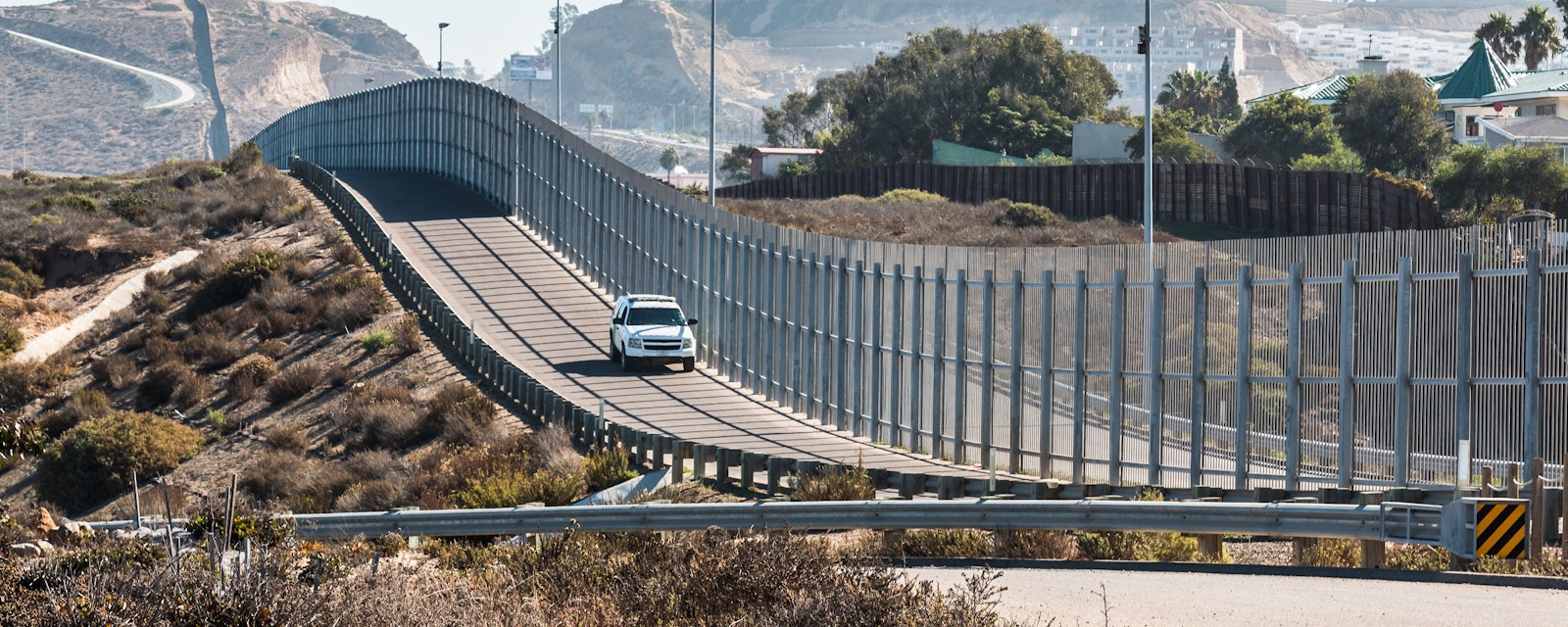The global operating environment is increasingly complex, and the response window is ever shorter. Russia’s war in Ukraine, the rise of China, political polarization in the U.S., cyber risks, the energy transition, the growing threat of a global recession and stagflation are all conspiring to challenge today’s business leaders as never before.
Please join our host Kevin Kajiwara and Jeh Johnson, former Secretary of Homeland Security under President Obama and Partner at Paul Weiss, for an important discussion on how boards and CEOs are responding to the multitude of risks that threaten their ability to do business.
Department of Homeland Security
The model for the Department of Homeland Security (DHS) that was created in 2002 is now outdated. At the time, the belief was that terrorism was an extraterritorial threat from beyond U.S. borders, much like the 9/11 hijackers were. During the Bush and Obama administrations, the goal was to decapitate Al-Qaeda and more generally degrade foreign terrorist organizations’ capability to launch a 9/11 style attack. The DHS did an effective job at this task. Terrorists switched from foreign-directed attacks to foreign-inspired attacks, whereby organizations like ISIS inspired lone wolf actors within the U.S. to commit attacks. The terrorist threat has since evolved to be primarily domestic-based and -inspired, leaving the DHS model outdated. This has left the FBI in charge of most terrorist investigations, while the focus of the DHS has shifted to immigration.
Domestic Terrorism
There is no statute specifically defining domestic terrorism. Title 18 of the U.S. code punishes terrorism whether it is foreign- or domestic-based. Whatever the source, terrorism is acts of violence intentionally perpetrated on civilians with the goal of furthering some ideological or political objective. Despite there being no specific code for it, there has been a recent rise in domestic terrorism, with terrorism committed by white nationalist groups now outpacing terrorism inspired by foreign-based organizations. These groups have been emboldened by events like the Unite the Right rally in 2017, the media and the belief that some of the political leadership in the U.S. secretly agree with their white supremacist beliefs.
Large amounts of these people subscribe to the Great Replacement theory, a racist belief that people of color are being brought into the U.S. and other Western countries to displace white voters to achieve a political agenda. This belief motivated the recent shooter in Buffalo and was a major motivator for the January 6th insurrection. Surprisingly, the attendees who were arrested at the insurrection tended to be from blue states. These beliefs are not isolated to deep red states; they also exist in urban and semi-urban areas in blue states.
Combatting Domestic Terrorism
In order to fight domestic terrorism, the DHS needs to expand its efforts to provide financial assistance across the country for surveillance cameras, undercover agents and informants. Additionally, they should be funding community groups like Life After Hate that are dedicated to helping former neo-Nazis and extremists reform themselves.
In a broad sense, elected leaders aren’t making enough progress and instead are engaging in more and more extremist rhetoric in order to play to their base and get elected. This creates a trickle-down effect where more extremist thoughts are now acceptable, which can instigate violent behavior. Social media companies also need to improve the policing of extremist rhetoric on their platforms, which is the primary place that extremist conspiracy theories are being spread.
Foreign Based Terrorism
Foreign terrorist organizations have shifted their focus to local aims in the regions they exist in, as many have recognized that attacking the U.S. makes them a focus of the U.S. military. However, if they focus on Somalia, Yemen or Afghanistan, for example, the U.S. is less likely to intervene. Additionally, the main goal of groups like Al Qaeda was to drive the U.S. out of the Middle East, and that goal has been largely accomplished, leaving them with less motivation to attempt attacks on U.S. soil.
Immigration
Illegal immigration reacts sharply to information about perceived changes in U.S. enforcement policies. The smugglers will convince people that policies have become lax in order to convince people that they must move quickly. However, no matter how much you enhance enforcement, if the underlying conditions in Central America and Mexico that drive people to try to enter the U.S. aren’t addressed, people will continue to immigrate.
Cybersecurity
There are multiple types of cyber threats that the U.S. and other governments around the world have to deal with, including surveillance, theft of intellectual property, theft of defense technology, ransomware and DDoS attacks. DDoS attacks are the most worrisome as they can attack or destroy a capability, which can be launched from malware implanted months previously.
Unfortunately, there are huge differences in the level of cybersecurity sophistication across the private sector. The financial services and defense industries are generally pretty sophisticated when it comes to cybersecurity, but there are many companies within the general supply chain that don’t devote enough of their budget to cybersecurity. There needs to be basic federal standards for what level of cybersecurity sophistication companies need to employ. CEOs and boards also need a cybersecurity expert to put their organizations in a better position to mitigate cyber risk.
State of Democracy
Democracy is not necessarily a natural state of affairs. It’s something you have to work at.Human impulse very often trends towards autocracy, fascism and isolationism. It is worrisome that the democracy enjoyed by the U.S. is often unable to make substantial progress on national issues. After a mass shooting in New Zealand, new gun laws were passed within a week, whereas, the U.S. government finds itself unable to enact such change following mass shootings like the recent tragedy in Texas. There is still hope for U.S. democracy, but we need voters to start incentivizing elected officials to drive change instead of taking up extremist views and behaviors.




